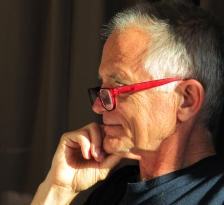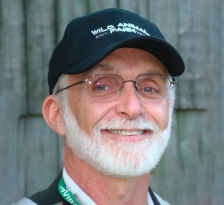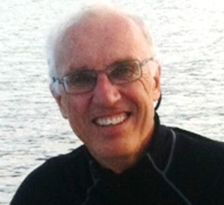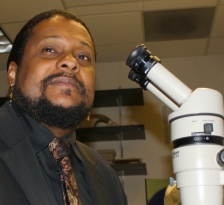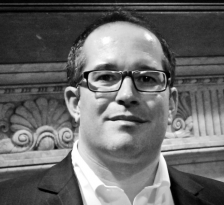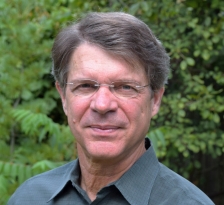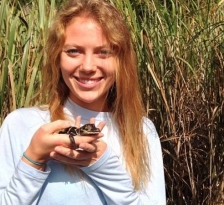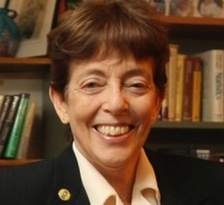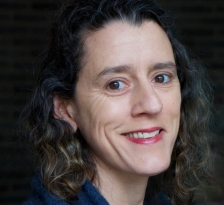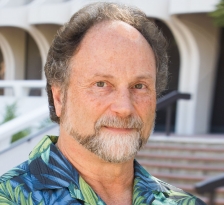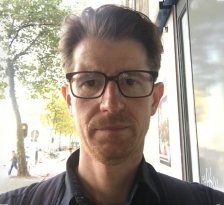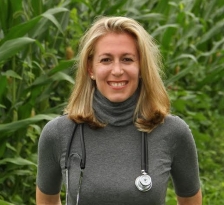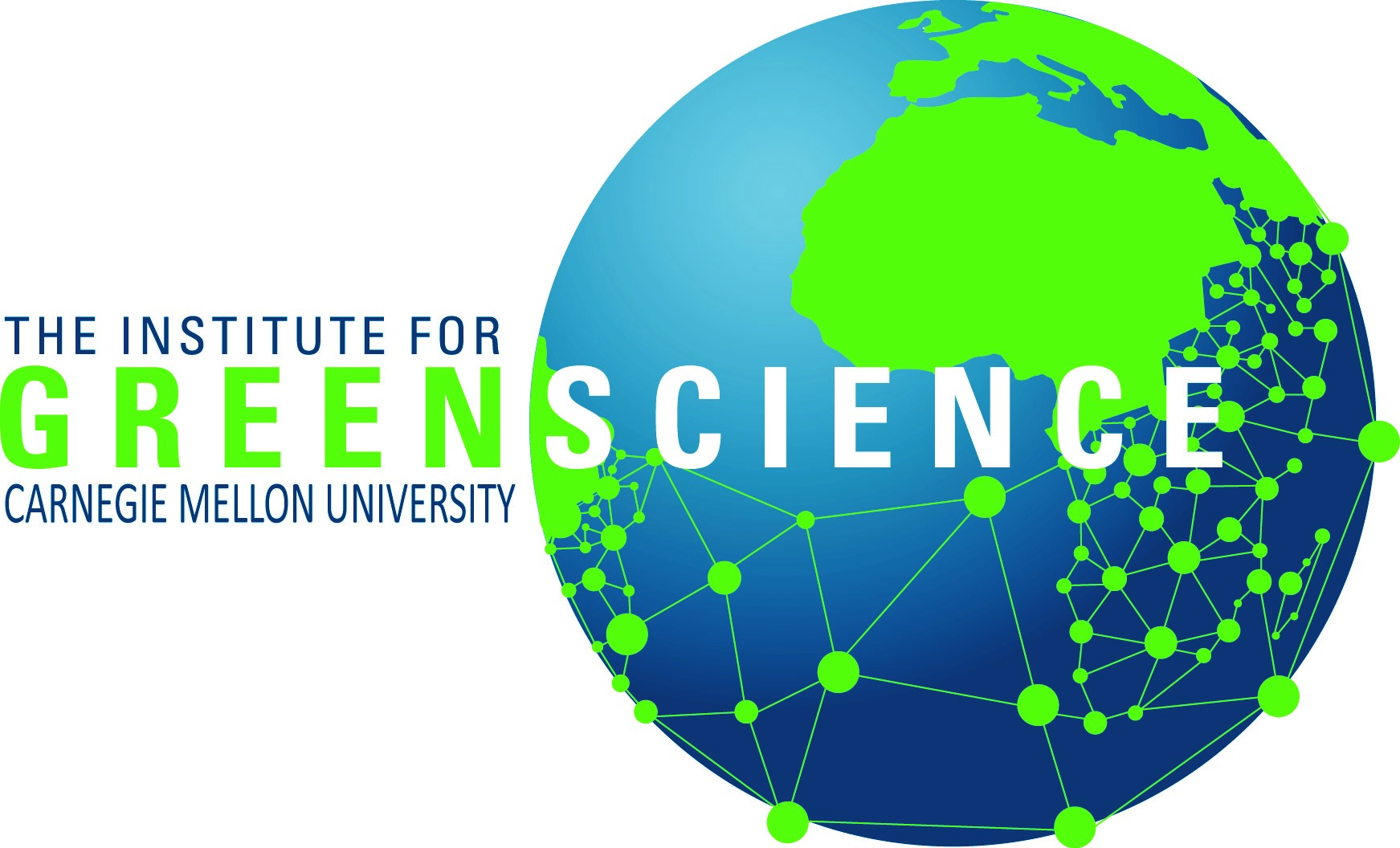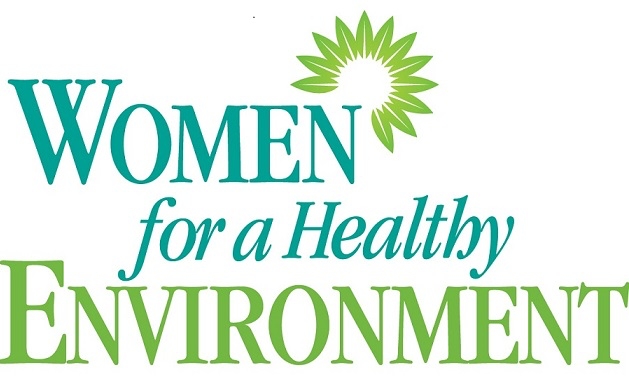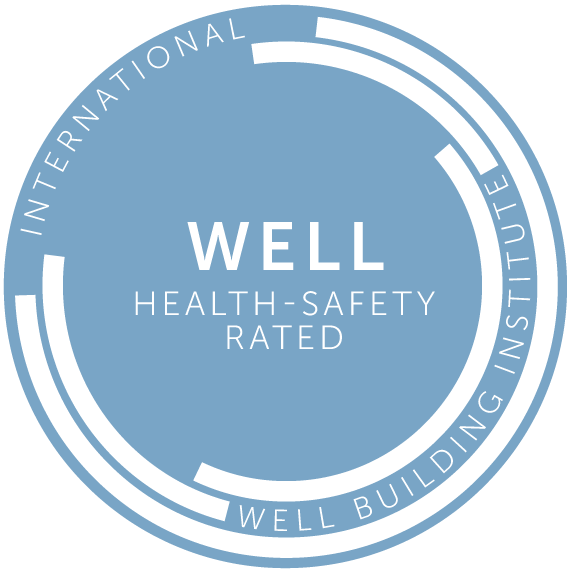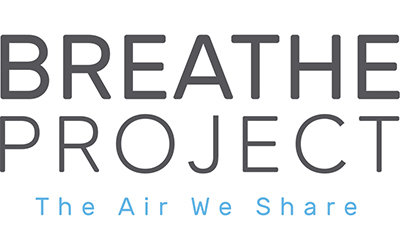One Health One Planet™ 2018
This page contains archival information about the 2018 One Health One Planet Symposium. Click here for information about the 2019 symposium.
On Tues., Feb. 23, 2021 two speakers from Phipps' 2018 symposium "One Health One Planet: Chemicals of Concern in the Environment," returned to discuss the latest news on this important topic. Shanna H. Swan, Ph.D., M.S., discussed findings from her new book, Count Down: How Our Modern World Is Threatening Sperm Counts, Altering Male and Female Reproductive Development, and Imperiling the Future of the Human Race, while Tyrone Hayes, Ph.D., discussed his latest studies on the effects of chemicals on the genetic sex differentiation of animals. The discussion was moderated by Terrence J. Collins, Teresa Heinz Professor in Green Chemistry and Director of the Institute for Green Science at Carnegie Mellon University and introduced by Richard V. Piacentini, President and CEO of Phipps.
One Health One Planet Update: Chemicals of Concern Revisited:
On March 7 – 8, 2018 the second-annual One Health One Planet symposium united thought leaders across disciplines to discuss Chemicals of Concern in the Environment, from routes of exposure and potential impacts to actions that the public can take to minimize risk.
In this online resource, the One Health One Planet contributors present video, audio, written summaries and more to take you inside this important gathering and invite you to join the conversation on these vital issues. Watch our overview video to get started.
Overview Video:
How to Use This Resource:
The One Health One Planet symposium was structured in three sessions, each with its own set of 3 – 5 presentations. In this resource, you'll find each session represented by an overview video along with written summaries, audio recordings and supplementary resources (including research reports, presentation slides and related multimedia) for each presentation. A fourth session, in which speakers and attendees broke into groups for a facilitated collaboration, is represented by a video and a written report.
Session 1: Chemicals of Concern in the Environment and Subsequent Impacts on Health
Overview Video:
In an opening keynote by Dr. Pete Myers and the subsequent first session of the symposium, professionals in veterinary science, wildlife ecology, pathology, integrative biology and other fields each observe the impact of chemicals in the environment through a unique lens.
The Presentations:
Toward Protecting Our Health and Preventing Today’s Epidemics of Chronic Diseases and Disabilities
One Toxicology: Domestic and Wild Animals Are Sentinels for Human Beings (But Only When They Exist and Are Carefully Observed)
Beluga Whales of the St. Lawrence River: The “River Sweepers”
America’s Next Top Model: What Do We Really Know About Her?
Chemicals of Emerging Concern in the Aquatic Environments: Effects on Fish
Session 2: Additional Routes of Exposure for Humans and Animals
Overview Video:
In this session, speakers from Carnegie Mellon University, Phipps Conservatory and Botanical Gardens and Environmental Working Group discuss the common routes of exposure for toxic chemicals — including food products, packaging, plastics, building products and even furniture.
The Presentations:
The Fates of Endocrine Disruptors in Consumer Products: Bisphenol A
The Red List: A Case for Healthy Building Products
We Are What We Eat: Non-Stick Chemicals, Plasticizers and Other Contaminants in Our Food and Our Bodies
Session 3: The Human Health Impacts of Chemical Exposures: A Focus on Endocrine-Disrupting Chemicals
Overview Video:
In this session, speakers in fields including reproductive sciences, developmental biology, environmental medicine and public health discuss the human health impacts of toxic chemical exposure, with a special focus on endocrine disruptors.
The Presentations:
Altering the Fetal Hormonal Environment: Endocrine Disruption and Male Reproductive Development
Placental Hormones: A Short-Term Alert System to the Long-Term Health Consequences of Chemical Exposures in Pregnancy?
Effects of Prenatal Obesogen Exposure Echo Down the Generations
Endocrine Disrupting Chemicals: Costs and Consequences
Proactive Approaches to Reduce Environmental Exposure: Avoidance, Lifestyle Changes and Practical Resources
Breakout Session: Taking Action to Minimize Risk
Overview Video:
In this session, speakers and attendees broke into ten groups, each tasked with answering three questions:
- What are the major issues in your group?
- Who are your target audiences?
- What are some of the possible solutions or action items that one can undertake?
The results of the sessions have been compiled in a summary report.
Additional Resources
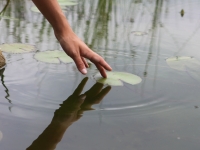
One Health One Planet 2017 Symposium Highlights
The 2017 One Health, One Planet Symposium connected hundreds of attendees with thought leaders from UCLA Fielding School of Public Health, Harvard School of Public Health, Women for a Healthy Environment and numerous other prestigious universities and institutions for talks on epidemics, epigenetics, community health, zoological medicine and more.
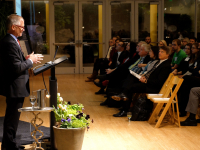
The Story of One Health One Planet
Watch our series of videos for an introduction and summary of the One Health One Planet movement.
Join the Movement!
Stay informed on upcoming One Health One Planet initiative events:
The Phipps Research Institute for Biophilia and Science Engagement acknowledges the connection between human and environmental health. The institute studies the built and natural environments and their intersection with human health and wellness.
Questions? Contact Dr. Sarah States at sstates@phipps.conservatory.org.
Sponsored in Part by
Presented in Partnership with
